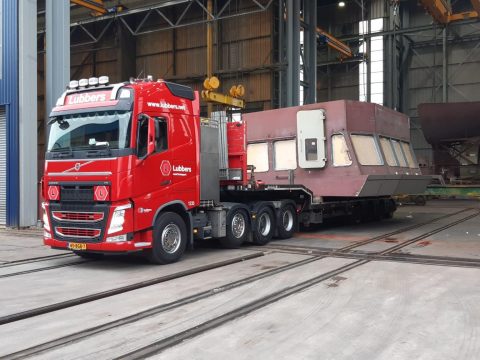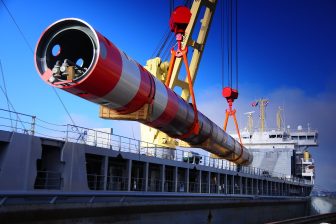
Lubbers Logistics Group to capitalise on tight market conditions
Photo source: Lubbers
The Dutch outfit Lubbers Logistics Group is expecting to record significant growth in all the segments it is active in, as the tight market environment continues throughout the year.
Want to read more?
You have read all of your free premium articles for this month. Please become a subscriber to keep reading.
Subscribe now!
Take advantage of our exclusive offer to get full access to all premium content.




